You’ve got to be careful what you put in your mouth in Los Angeles. In a gourmet ice cream parlor near Venice Beach, my ten-year-old daughter grabbed a small tub from the freezer. Halfway through eating it, she noticed the label indicated that it was HUMAN GRADE and featured a pawprint motif. This was a flavor meant for dogs.
In a part of the world renowned for enhancement and augmentation, one finds many foods and beverages that have had a little work done: soft drinks boosted with collagen, cappuccinos laced with chaga (an anti-oxidant mushroom), granola fortified with “adaptogens” (herbs that combat stress), or salad dressings infused with CBD.
“California sober” is a new phrase I learned this week from an old friend, Judd Weiss. It means you don’t drink booze, but everything else – cannabis, nicotine, psychedelics, nootropics – is fair game. Judd and I met 15 years ago through Nathaniel Branden, the Winnipeg-born psychologist who had been Ayn Rand’s lover and the dedicatee (alongside Rand’s husband) of the novel Atlas Shrugged. Nathaniel, like many other LA transplants, had been astonished by how much he came to love living here, and how much more culturally alive the city is than it’s often depicted.
Judd is an entrepreneur and a libertarian, and sells mail-order kits for home-growing psychedelic mushrooms; it’s legal, when sold in two parts. Judd was on the Libertarian party presidential ticket in 2016, as the vice-presidential running mate of the eccentric John McAfee, the anti-virus tycoon turned tax exile. In 2021, McAfee reportedly hanged himself in a Spanish prison while fighting extradition to the US on tax charges. Some think involved foul play; he had insisted that if he ever died in captivity it would mean he’d been “$WHACKD” (a bicep tattoo he’d gotten, and tweeted about, a year before his demise). But Judd believes McAfee probably did take his own life.
Days later, at a Brentwood dinner party, the conversation got so politically incorrect the host collected our phones and stashed them in a back bedroom. I have to say this was a new one for me, but I will definitely do this at my next party, as the effect of the maneuver was a heightened intimacy between all the guests and a sense of liberation from mundane technological tyranny.
Feeling defiant, however, I retrieved from the front pocket of my jeans one of the Cold War-era spy cameras I’ve taken to carrying. I surreptitiously squeezed off a few photos of my fellow guests, lest kompromat ever be needed. No, I won’t use it for that. The truth is that collecting vintage Minox subminiature cameras is a recent rabbit-hole I’ve gone down. As midlife hobbies go, it’s satisfyingly eccentric, just impractical enough to be absorbing (cutting and processing the film myself), and cheaper than watches or cars.
Speaking of nostalgia trips and mechanical devices, a rummage through my parents’ closet unearthed Super 8 movies of my childhood, including one of me learning to ride a bike in 1979, Magic Johnson’s rookie year with the Lakers. I’m tooling around on a red Schwinn in the parking lot of the Forum, then the Lakers’ home court. Now a music venue, the Forum was designed by the extraordinary Charles Luckman in 1967, who also built LAX’s flying-saucer-looking Theme Building and New York’s Madison Square Garden. Luckman’s autobiography Twice In a Lifetime details that his first career was as a successful corporate executive; in the 1940s he was president of Lever Brothers, a huge consumer goods company. It’s a mystery why Luckman’s story isn’t better known.
One of the Brentwood dinner party guests was Alec Mouhibian, host of the Filthy Armenian Adventures podcast. Turns out we both went to Palisades High, the local school which partly burned down in January’s big fire. We reminisced about the teachers who spanned eras and were local legends. English teacher Rose Gilbert had the same classroom for 51 years. She retired at 94 in 2012 and died a year later. In the 1980s, J.J. Abrams had been in Mrs. Gilbert’s class, and later modeled Star Wars character Maz Kanata after her. Meanwhile, 20th-century modernist composer Arnold Schoenberg’s son Larry taught calculus at Pali. Sadly, Mr. Schoenberg’s house – along with some of his dad’s precious musical archives – perished in the flames. Thirty-odd years after graduating, I still think of Mr. Schoenberg almost every time I hear the word “derivative.”
Driving around the Palisades today, you can see how wrecked the place is, and how temporarily small the de jure population – but the rebuilding of the area is well under way. Reyner Banham, a British architectural critic with a special affection for Southern California, exclaimed in 1971: “I learned to drive in order to read Los Angeles in the original.” Soon enough, motorists will be able to re-read the Pacific Palisades in a revised edition.
This article was originally published in The Spectator’s June 2025 World edition.










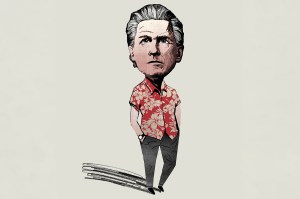

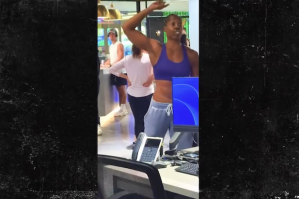
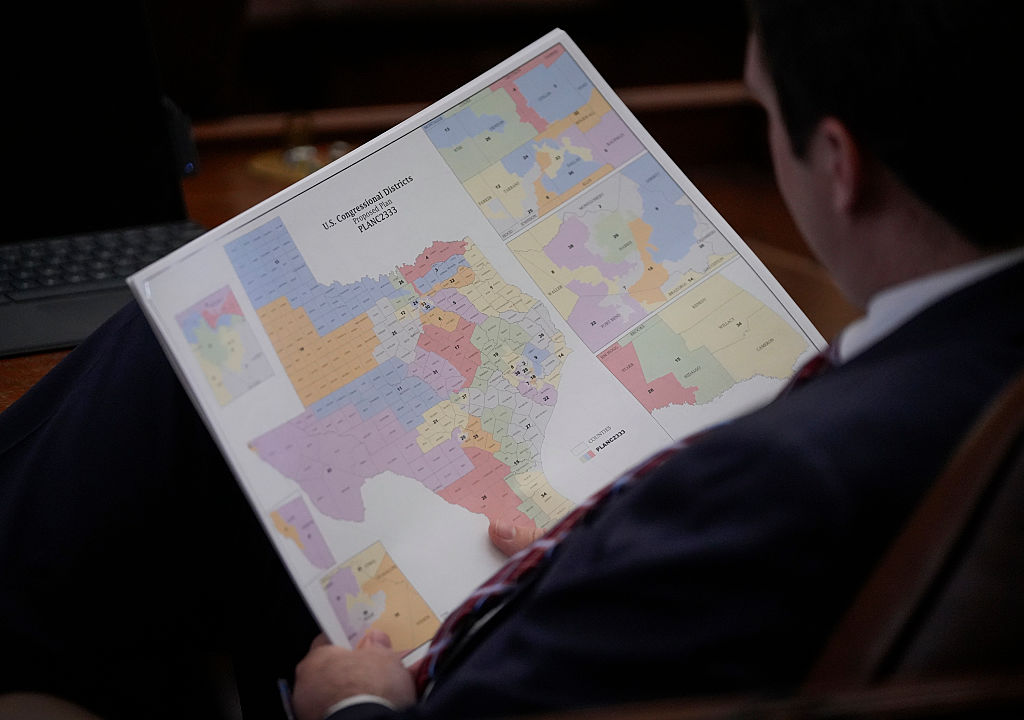
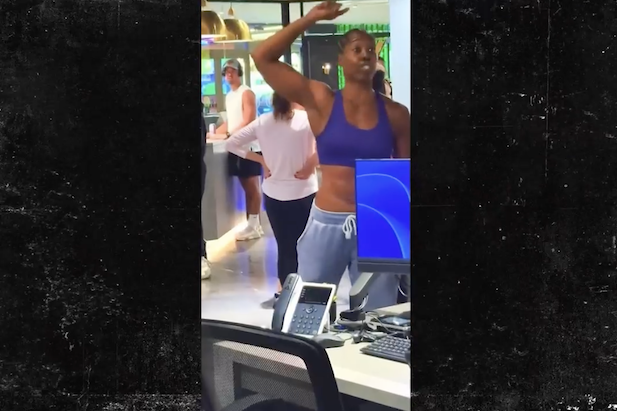
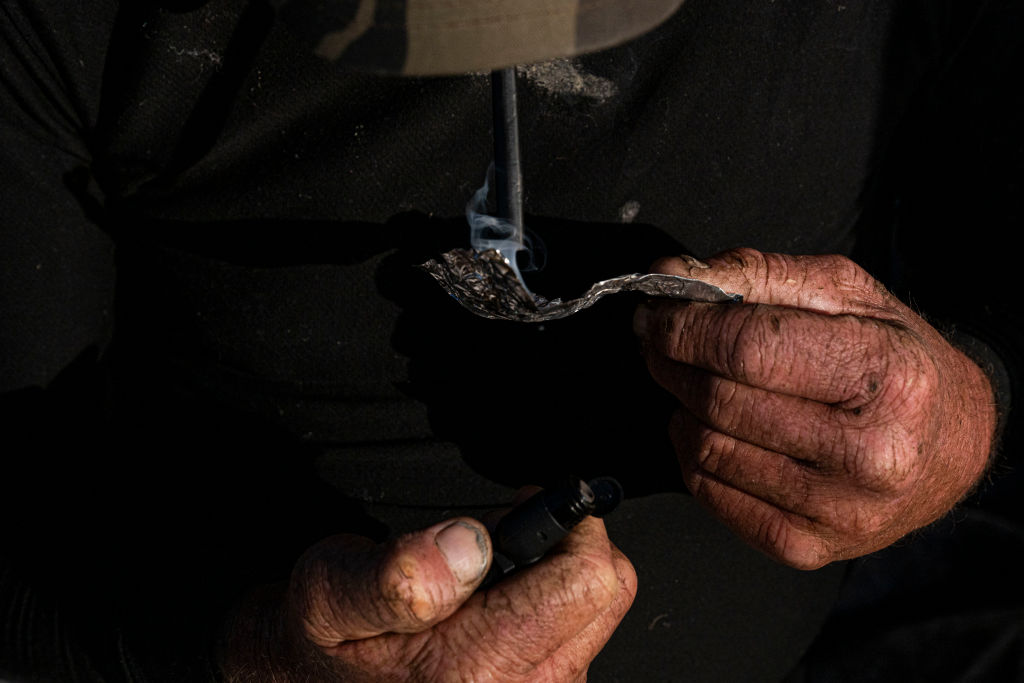
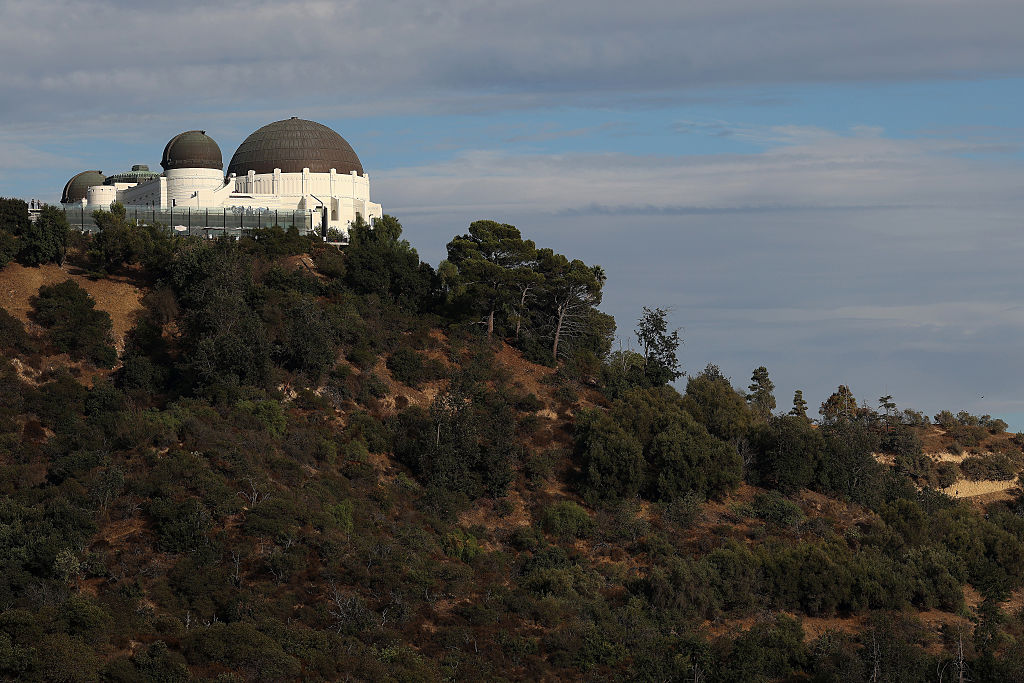
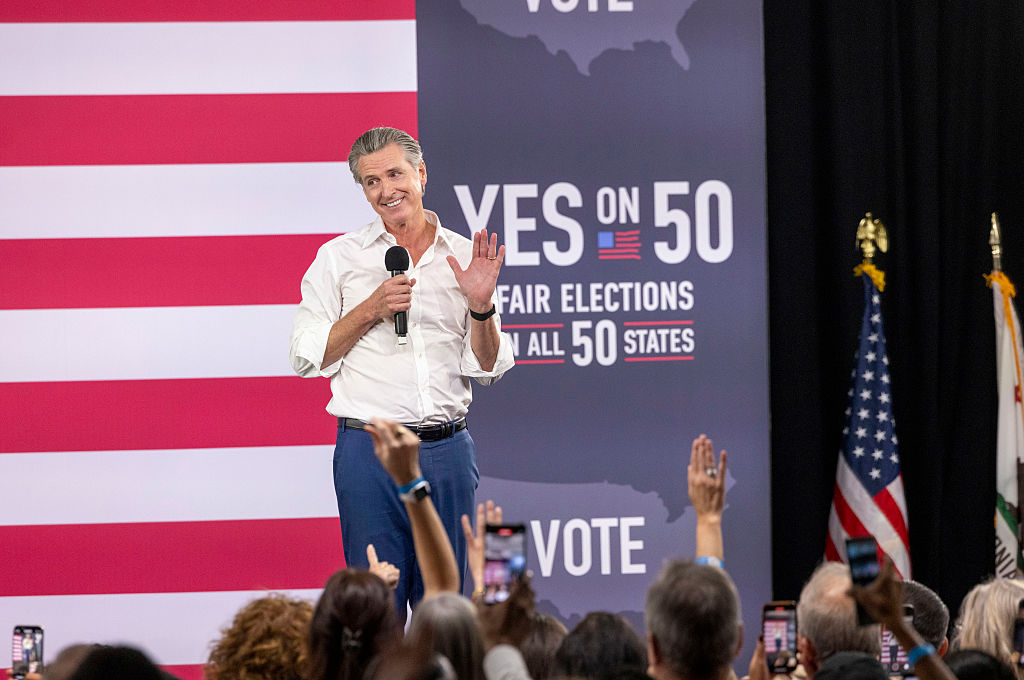
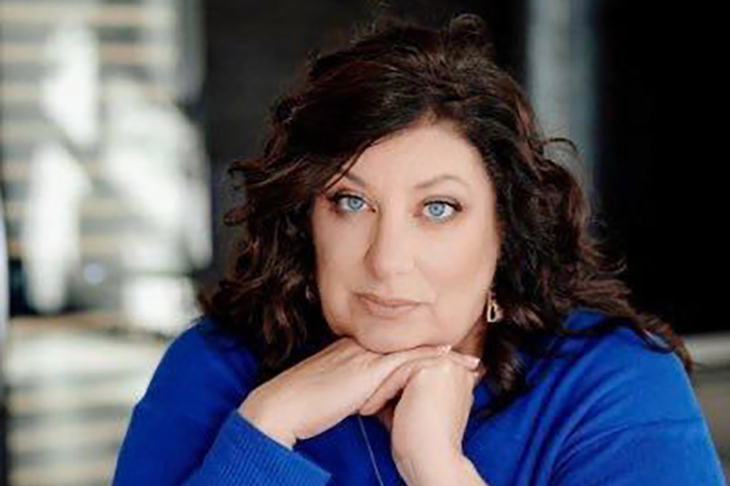







Leave a Reply